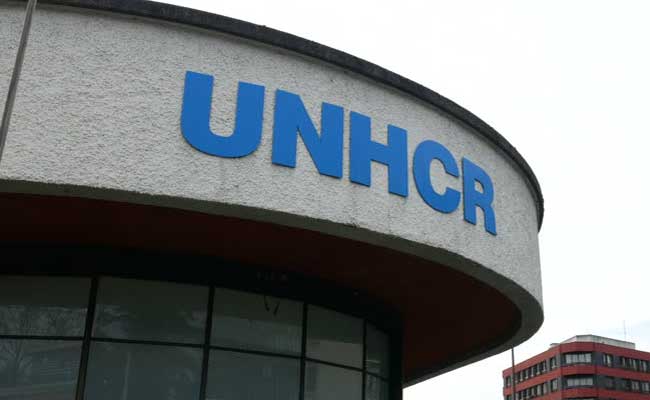This paper sets out key legal considerations, based on international refugee and human rights law, on access to territory for persons seeking international protection in the context of measures taken by States to restrict the entry of non-nationals for the protection of public health in response to the COVID-19 pandemic. It reconfirms that while States may put in place measures which may include a health screening or testing of persons seeking international protection upon entry and/or putting them in quarantine, such measures may not result in denying them an effective opportunity to seek asylum or result in refoulement.
States are entitled to take measures to ascertain and manage risks to public health, including risks that could arise in connection with non-nationals arriving at their border. Such measures must be non-discriminatory as well as necessary, proportionate and reasonable to the aim of protecting public health. In response to the COVID-19 pandemic States have, or are considering putting in place public health measures such as the screening of travellers on arrival and the use of quarantine for persons who have been identified as suffering from the disease or who may have been exposed to the virus. Such efforts, multilateral or national, are directed at containing this infectious disease and preventing its spread.
However, imposing a blanket measure to preclude the admission of refugees or asylum-seekers, or of those of a particular nationality or nationalities, without evidence of a health risk and without measures to protect against refoulement, would be discriminatory and would not meet international standards, in particular as linked to the principle of nonrefoulement. In case health risks are identified in the case of individual or a group of refugees or asylum-seekers, other measures could be taken, such as testing and/or quarantine, which would enable authorities to manage the arrival of asylum-seekers in a safe manner, while respecting the principle of non-refoulement. Denial of access to territory without safeguards to protect against refoulement cannot be justified on the grounds of any health risk.
Read more: RefWorld,https://is.gd/iftyHX
